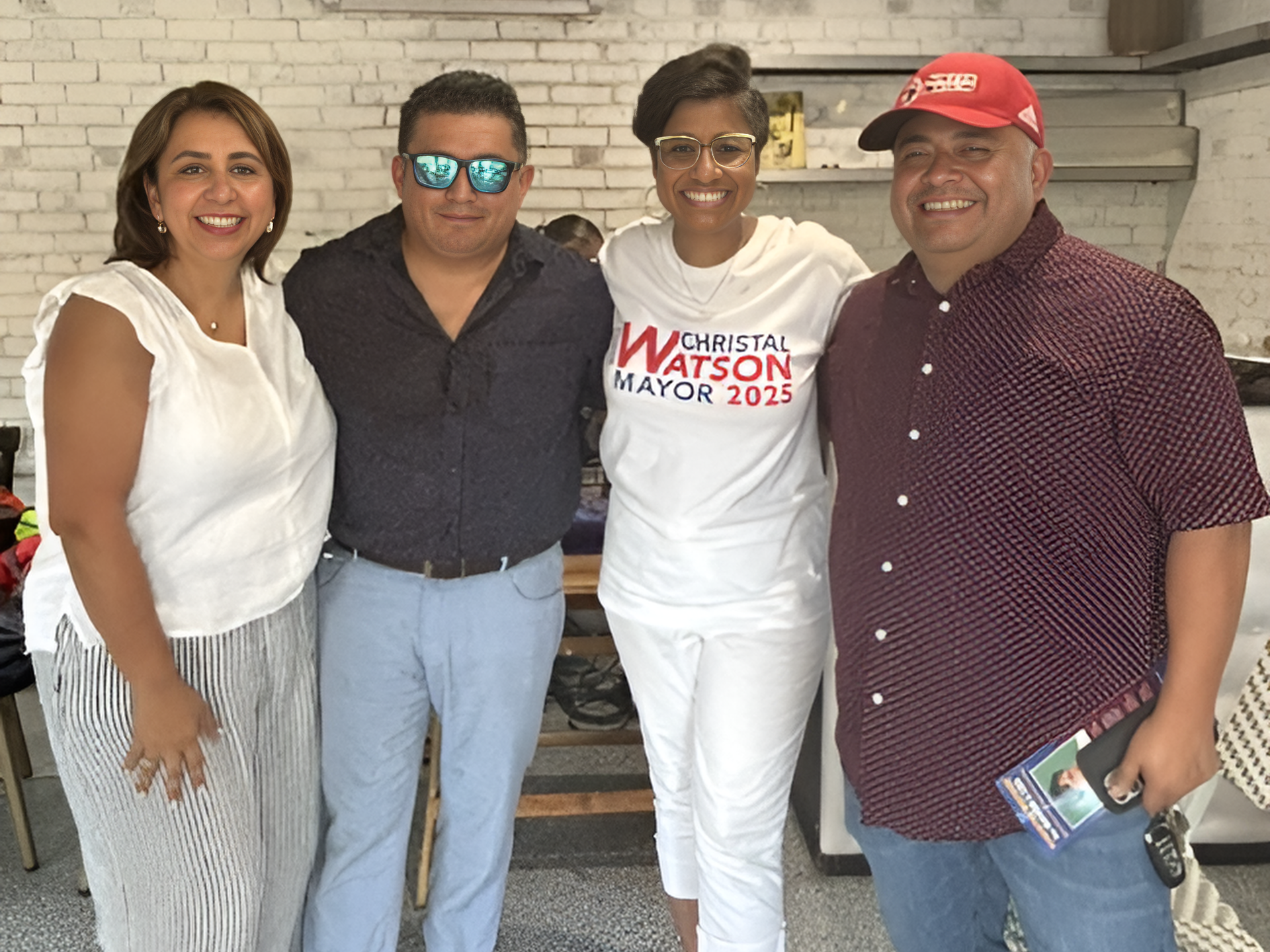INFRASTRUCTURE ISSUES
Building Resilient, Connected Communities
Modern Infrastructure, Stronger Kansas City, Kansas
Christal Watson believes Modern, reliable infrastructure is the foundation of a thriving city. Roads, bridges, transit systems, utilities, and digital networks connect people, create opportunity, and improve quality of life. When infrastructure works for everyone, Kansas City, Kansas grows safely, efficiently, and sustainably.
Christal Watson’s Commitment
She will work to build systems that connect people, power progress, and ensure Kansas City, Kansas remains a place that grows stronger every day.

Why it matters
Reliable infrastructure keeps neighborhoods connected and businesses running.
Good roads, clean water, and broadband access strengthen families and local economies.
A well maintained city attracts new jobs and investment while improving daily life for residents.
Christal Watson’s Plan for Modern Infrastructure
Invest in transportation networks that make travel safer and faster across Kansas City, Kansas.
Upgrade utilities and public works to deliver reliable service to every home and business.
Expand broadband access so residents and small businesses stay connected to modern opportunities.
Improve mobility and connectivity between neighborhoods to support local growth.
Encourage sustainable, resilient design that protects families and prepares the city for the future.
In public service, Christal has worked to:
- Invest in resilient roads, bridges, and transit systems that improve safety and connectivity.
- Expand access to clean water, energy, and broadband in underserved neighborhoods.
- Promote climate-adaptive and green infrastructure to prepare communities for extreme weather events.
- Encourage public-private partnerships that leverage resources and expertise for large-scale infrastructure projects.
Challenges & Barriers
Aging and deteriorating systems
Aging roads, bridges, and utilities are often unsafe, outdated, and inefficient.
Limited funding and budget constraints
Infrastructure projects are costly, and insufficient budgets slow implementation.
Unequal access
Underserved neighborhoods often lack reliable transit, utilities, and broadband connectivity.
Environmental and climate risks
Extreme weather events, flooding, and climate change threaten existing infrastructure.
Regulatory and permitting hurdles
Complex approvals and red tape can delay or block essential projects.
Fragmented coordination
Poor collaboration among local, state, and federal agencies can cause duplication or stalled efforts.
Technical and workforce capacity gaps
Some communities lack expertise or skilled personnel to plan, manage, and maintain infrastructure projects.
What Christal Will Do
Invest in resilient infrastructure
Upgrade roads, bridges, utilities, and transit systems to ensure safety and longevity.
Expand access to essential services
Expand access to clean water, reliable energy, and broadband in underserved communities.
Promote climate-adaptive design
Integrate green, sustainable, and disaster-resilient solutions into all projects.
Streamline regulatory processes
Streamline permitting with agencies to speed up infrastructure projects and ensure timely delivery.
Foster public-private partnerships
Collaborate with businesses and nonprofits to leverage expertise and funding.
Engage communities in planning
Ensure local residents have a voice in infrastructure decisions that affect them.
Build technical and workforce capacity
Train local personnel and provide resources for long-term infrastructure management.
